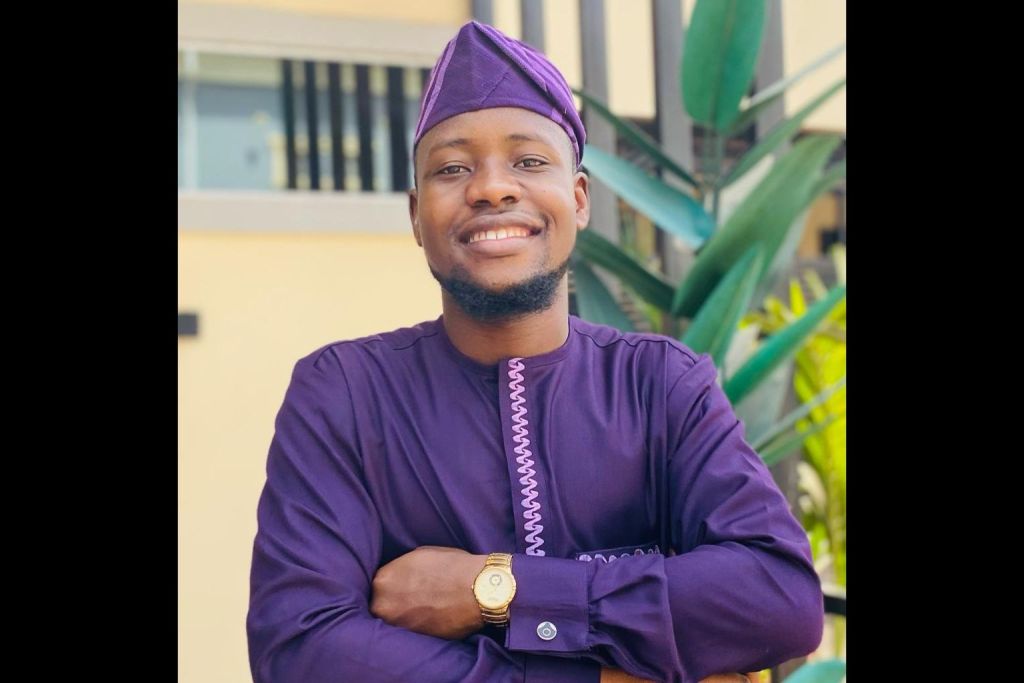Abuja, May 31, 2024—Nigerian police authorities should immediately drop their criminal investigation into journalist Nurudeen Akewushola and the International Centre for Investigative Reporting (ICIR), and allow them to work free of harassment and fear of arrest, the Committee to Protect Journalists said Friday.
On May 20, officers with the Nigeria Police Force-National Cybercrime Center (NPF-NCCC) summoned Akewushola, a reporter with the nonprofit ICIR news agency, and an ICIR’s managing director, who was not named, for questioning in connection with a police investigation “into a case of cyberstalking and defamation of character,” according to Akewushola, ICIR editor Victoria Bamas, and an ICR report.
On May 28, Akewushola and ICIR Executive Director Dayo Aiyetan went to the Nigeria police station in the Nigerian capital Abuja where officers held and questioned them for over nine hours and then released them on condition that they both must return for further questioning on June 11, according to the journalists and their lawyer, Saidu Muhammad Lawal, who spoke by phone with CPJ. Akewushola added that he needed to provide surety before he was released. Aiyetan and Lawal also said the officers threatened to charge Akewushola.
Akewushola and Aiyetan told CPJ that police questioned them about a February 2024 report authored by Akewushola and published by ICIR that alleged two former inspector generals of police, Solomon Ehigiator Arase and Ibrahim Kpotum Idris, were involved in illegal land sales. During police questioning, Aiyetan, Akewushola, and Lawal said that officers showed them a criminal complaint filed by Corpran International Limited, one of the land developers mentioned in the ICIR report. Akewushola also said the complainant accused him of seeking a bribe when he called for comments before publishing the report, an allegation the journalist described as a blatant falsehood.
Days after the publication, Arase wrote a letter to ICIR, which CPJ reviewed, describing the report as false and demanding a retraction and compensation of 1 billion naira (US$714,647). He also filed a civil suit against ICIR alleging defamation of character.
“Nigerian police should immediately end the criminal investigation of journalist Nurudeen Akewushola over his reporting, drop any plans to charge him or his colleagues, and cease harassing the International Centre for Investigative Reporting,” said Angela Quintal, head of CPJ’s Africa program, from Durban, South Africa. “It seems that despite reforms to Nigeria’s Cybercrimes Act, police continue to use it as a tool to summon and harass the press, even without bringing charges.”
On May 15, ICIR received a similar police summons, reviewed by CPJ, for Akewushola and the outlet’s “managing directors.” That summons was dated April 16, 2024, and cited a case of “cyberstalking and defamation of character,” without further details.
On May 29, Corpran International Limited owner Andy Chime confirmed to CPJ by phone that he had filed a complaint with police alleging “cyberstalking and defamation of character” in ICIR’s February report. Chime also called the CPJ researcher “stupid” for requesting clarity on the cyberstalking allegation in his complaint, before ending the call.
On May 17, after the first invitation, Arase told CPJ he had filed a civil case against the ICIR and declined to comment about a possible police complaint filing.
On the same day, when CPJ contacted the director of the NPF-NCCC, Henry Ifeanyi, he declined to discuss details of the case that caused the summons and said he was not aware of any laws preventing the police from inviting Nigerians for questioning.
On May 28 while Akewushola and Aiyetan were at the station, Ifeanyi told CPJ by phone, “I don’t have any journalists detained” and declined to comment further, referring CPJ to the police’s public relations office. Police public relations officer Muyiwa Adejebi said he would contact the Cybercrime Center for details of the investigation. On May 29, Adejobi told CPJ he could not give the details of any possible charge but if the investigators did charge Akewushola, it would relate to his work as a journalist.
In February, President Bola Tinubu signed into law amendments to the Cybercrimes Act, increasing the burden of proof to bring charges under section 24, which relates to cyberstalking, according to CPJ research.
